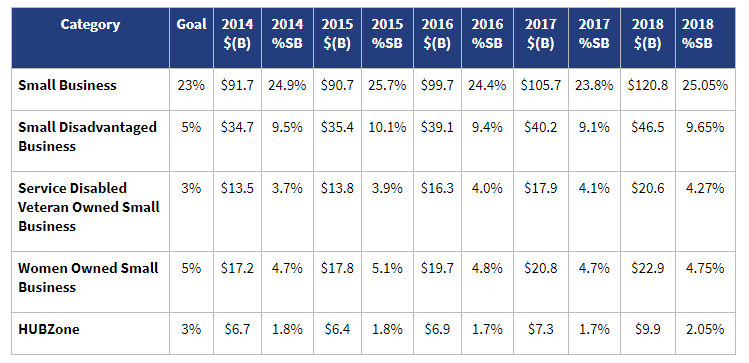We knew it would eventually happen. DoD is finally looking to permit cybersecurity costs as “allowable” on certain types of government contracts. (Federal News Network, June 2019)
Katie Arrington, the special assistant to the Assistant Secretary of Defense for Acquisition for Cyber in the Office of the Under Secretary of Acquisition and Sustainment in DoD, recently spoke at the Professional Services Council (PSC) gathering in Virginia. Ms. Arrington is the lead for the DoD effort to develop and institutionalize the new Cybersecurity Maturity Model Certification (CMMC) standard for vendors. She told attendees that she wants to enact a legitimate standard for cybersecurity allowable costs. (ibid)
During a recent webinar, Arrington spoke about cyber attacks and the need for the defense industrial base to defend themselves against nation-state attacks. DoD is aiming at not just it’s 200,000 prime contractors but all vendors (approximately 300,000) that comprise the DoD supply chain. (ibid)
Arrington is working with the Johns Hopkins University Applied Physics Lab and Carnegie Mellon University’s Software Engineering Institute to generate initial requirements. The draft will require DoD vendors to be certified through third-party assessment organizations. The standard incorporates existing requirements from NIST, the Federal Risk Authorization Management Program (FedRAMP), and other models. (ibid)
Arrington expects DoD to carry out 12 webinars across the country over the summer. She aims to receive feedback from industry experts with a draft standard by the end of summer and third-party assessors to start certifying vendors in January. (CMMC requirements will be added to requests for information by June of 2020 and become a standard in solicitations by September 2020.) (ibid)
According to Alan Chvotkin, senior vice president and general counsel for PSC, the certification of contractors will be a very competitive discriminator in the marketplace. His main concern is whether DoD will only certify the big six contractors and what is going to take place for the prime and a subcontractor. (ibid)
Congress recognizes that risks to the supply chain need to be reduced. The Senate version of the 2020 National Defense Authorization Act, includes a provision requiring DoD to move to a broader cybersecurity standard with its contractors. Currently, DoD mandates defense contractors meet the requirements of NIST Special Publication 800-171; however, there is no current audit for compliance. Oversight of subcontractors by prime contractors is also a reasonable concern as is the lack of information available on subcontractors. The committee feels prime contractors should be held responsible and accountable for securing DoD technology and sensitive information and ultimately delivering uncompromised products and capabilities. This is seen as a first step in securing the supply chain. (ibid)
The Senate Armed Services Committee (SASC) believes DoD should provide direct technical assistance to contractors, based on risk, and in such a way as to not harm the industrial base while at the same time providing incentives/penalties for non-compliance of vendors’ cyber performance. DoD is being asked to provide the SASC with a briefing by March of 2020 and quarterly briefings on how the standard is being implemented by both vendors and the DoD. (ibid)
Although security has always been an allowable overhead cost, it will now be used as an incentive to get vendors to more quickly align themselves to the CMMC standard. The incentive doesn’t force companies to trade off security for other expenses. It appears the government will offer some reimbursement for some share of the cost, hopefully bringing all vendors up to the same level. (Firm-fixed-price contracts do not fall under the allowable cost umbrella in the same manner, as cyber is counted as general overhead in the final cost to the government.) (ibid)
Eager to learn a little more about the cyber standard and how it might affect your current contract or an upcoming bid? Give us a call at 301-913-5000.

